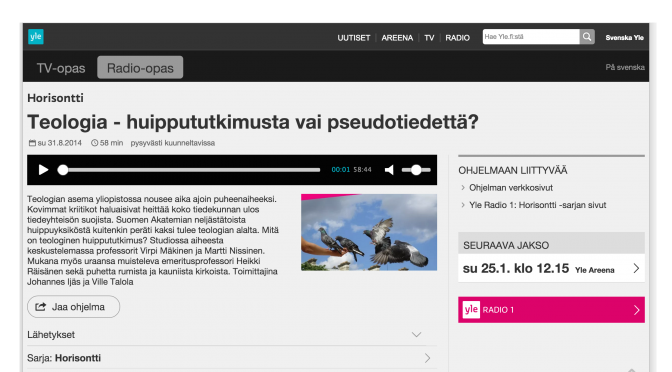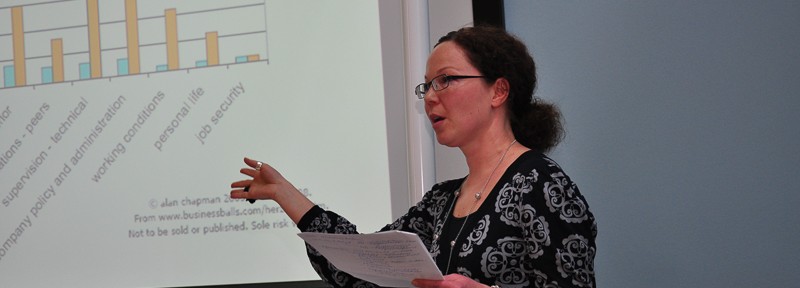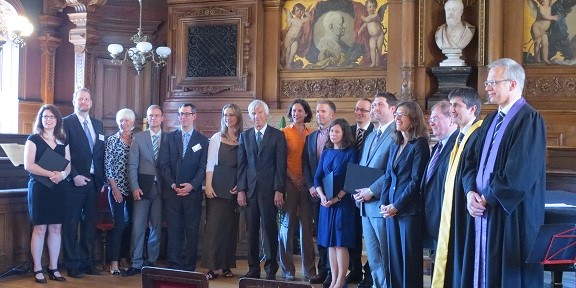Call for papers has closed, please see latest information on the workshop.
Host: Centre of Excellence in Changes in Sacred Texts and Traditions, University of Helsinki
Organisers: Saana Svärd (University of Helsinki) / Agnès Garcia-Ventura (Universitat Autònoma de Barcelona)
When and where: University of Helsinki (Finland), October 26th-28th 2014
After the workshop held in the last Rencontre Assyriologique (Ghent, July 2013) titled “Gender, Methodology and Assyriology” the organisers (Agnès Garcia-Ventura and Saana Svärd) are now pleased to announce a new workshop titled “Gender, Methodology and the Ancient Near East”.
The four keynote speakers are (in alphabetical order): Ann Guinan
(Babylonian Section, University of PA. Museum of Archaeology and
Anthropology) / Stephanie Langin-Hooper (Southern Methodist
University, Dallas, Texas) / Marie Louise Stig Sørensen (University of Cambridge) / Ilona Zsolnay (University of Pennsylvania). The aim of the meeting is to discuss different methodological approaches to
gender within the framework of ancient Near Eastern studies (including archaeology, art history and text studies) and enable a fruitful dialogue between these approaches. Proposals dealing with these issues are welcome.
We encourage you to submit poster proposals instead of presentations as there are currently only a few time slots available for presentations. A specific poster session will be scheduled. Please send titles and abstracts (150-300 words) by June 10th. We will inform about acceptance of proposals (as presentations or posters) before June 20th.
Please send titles and abstracts to Saana Svärd (saana.svard@helsinki.fi) and/or Agnès Garcia-Ventura (agnes.ventura@gmail.com)





